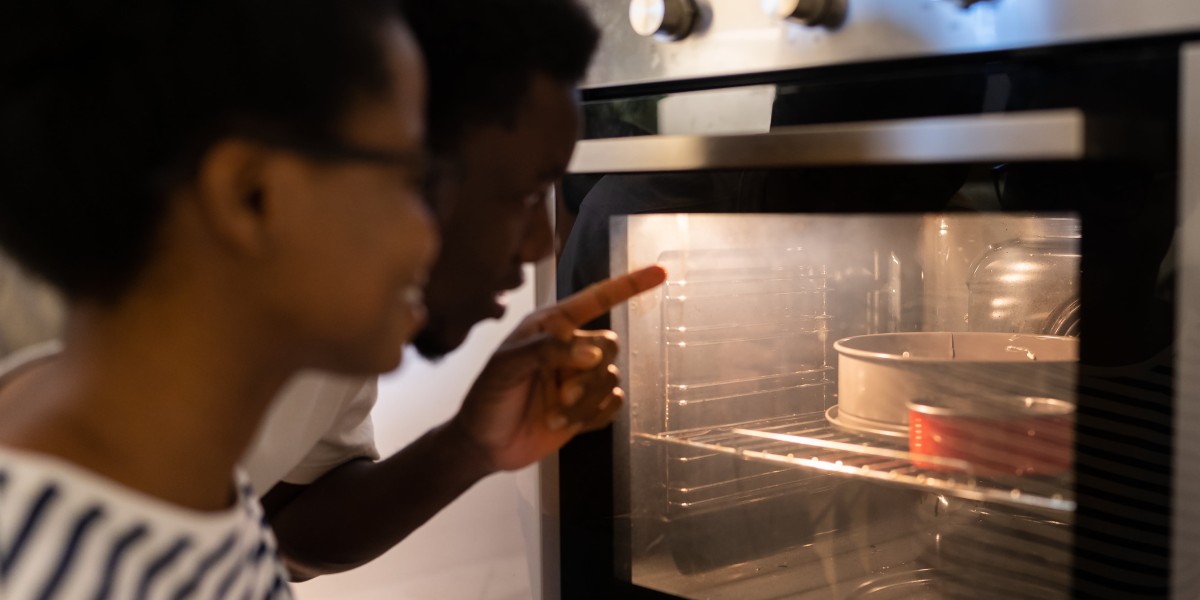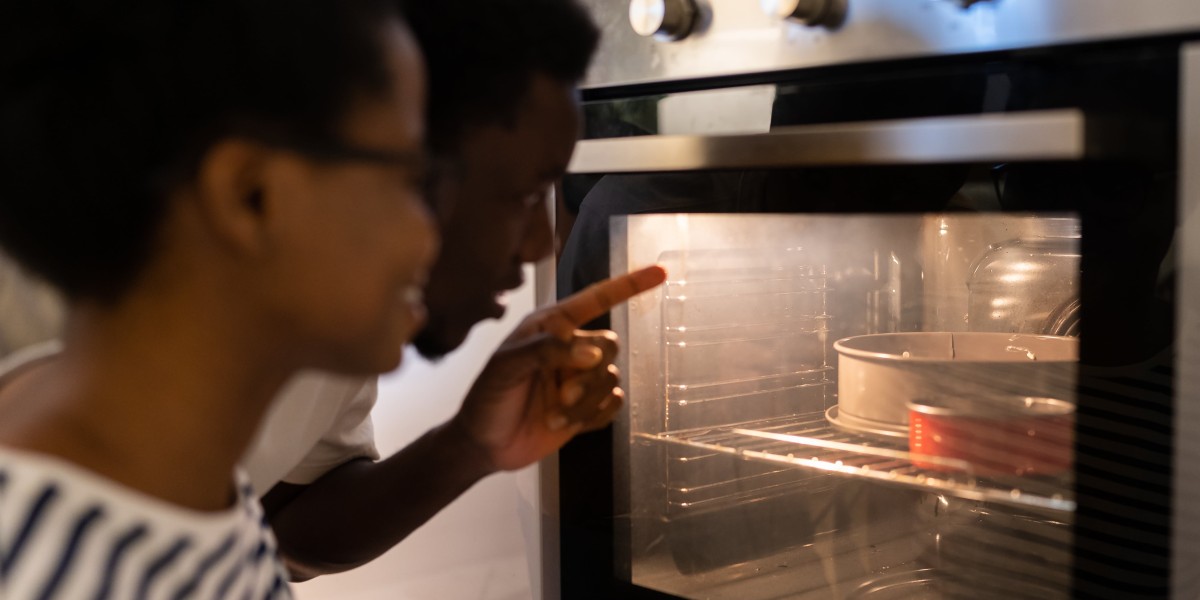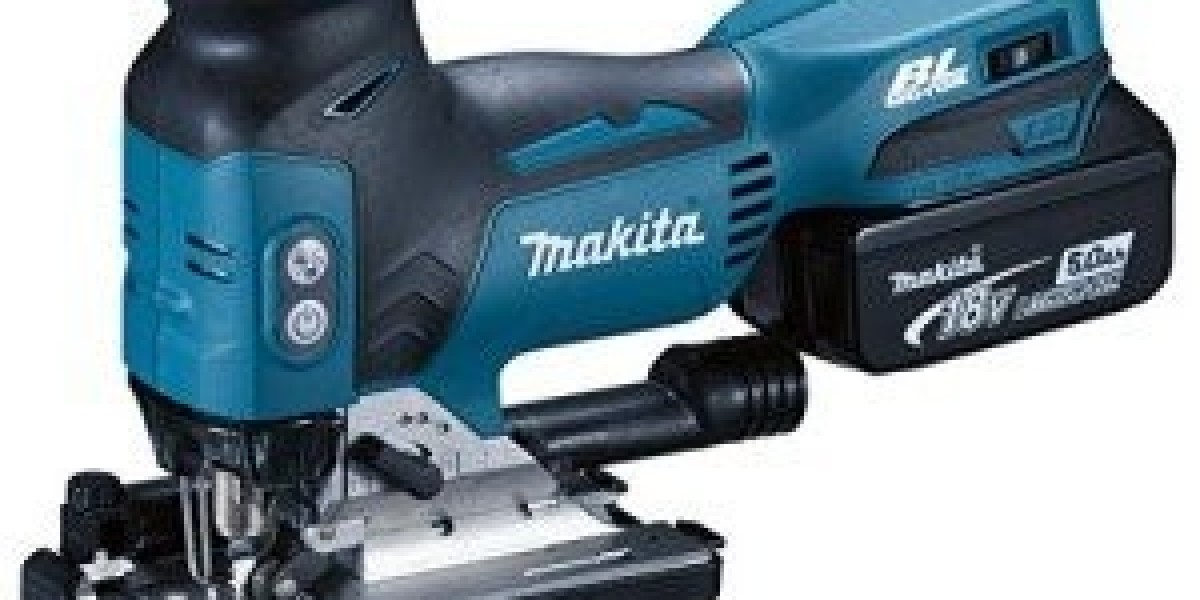The Comprehensive Guide to Built-in Electric Ovens and Hobs
In today's busy world, contemporary kitchen appliances have actually developed considerably to deal with the tastes and requirements of contemporary property owners. Amongst these appliances, built-in electric ovens and hobs stand out for their performance, style, and performance. This short article explores the functions, benefits, setup suggestions, and maintenance of built-in electric ovens and hobs, together with addressing regularly asked questions.
Understanding Built-in Electric Ovens
What Is a Built-in Electric Oven?
A built-in electric oven is a home appliance created to be set up into a wall or kitchen cabinets, supplying a smooth, integrated ovens and hobs appearance in the kitchen. Unlike freestanding ovens, built-in models save space and often come equipped with extra functions such as self-cleaning cycles, convection cooking, and various cooking modes.

Kinds Of Built-in Electric Ovens
- Single Ovens: Ideal for smaller kitchen areas or those who prepare for less individuals.
- Double Ovens: Offer more cooking space, suitable for bigger families or those who amuse regularly.
- Mix Ovens: These consist of both a conventional oven and a microwave, supplying versatile cooking alternatives.
Benefits of Built-in Electric Ovens
| Advantage | Description |
|---|---|
| Space-Saving Design | Fits seamlessly into cabinetry, maximizing counter area. |
| Improved Aesthetics | Develops a modern, expert kitchen appearance. |
| Versatile Cooking Options | Frequently includes numerous cooking modes including bake, broil, and convection. |
| Energy Efficient | Takes in less energy than standard ovens. |
Comprehending Built-in Hobs
What Is a Built-in Hob?
A SIA AMZDO102 Black Built-In Double Oven - 60cm hob is a cooking surface installed into the kitchen counter top, integrating perfectly with the kitchen style. Offered in electric, induction, and gas ranges, electric hobs are renowned for their accuracy and ease of use.

Types of Built-in Hobs
- Electric Hobs: Traditional coil components that heat by means of electrical resistance.
- Induction Hobs: Use magnetic energy to heat only the cookware, making them quicker and safer.
- Ceramic Hobs: Feature a smooth surface area with radiant heat below, providing easy cleaning.
Advantages of Built-in Hobs
| Advantage | Description |
|---|---|
| Fast Cooking Times | Electric hobs heat rapidly, minimizing general cooking time. |
| Easy to Clean | Flat surface area permits quick and uncomplicated cleansing. |
| Durable | Typically built to last and endure high temperatures. |
| Versatile Compatibility | Works well with different pots and pans materials. |
Setup Considerations
Installing a built-in electric oven and hob requires cautious preparation.
Actions for Installation
- Step the Space: Ensure the dimensions of the oven and hob match the allocated space in your kitchen.
- Inspect Electrical Requirements: Consult an electrical contractor to guarantee electrical wiring can handle the device's power needs.
- Positioning of Appliances: Position the oven at a practical height, usually in between waist and eye level.
- Ventilation: Ensure proper ventilation, especially if your oven incorporates a range hood.
Essential Tools
- Power drill
- Screwdrivers
- Level
- Measuring tape
Safety Precautions
- Constantly detach the power before installation.
- Follow manufacturer directions thoroughly.
- Think about working with a professional for electrical connections.
Maintenance Tips
Maintaining built-in electric ovens and hobs is vital for longevity and efficiency.
Routine Care Routine
- Cleaning the Surface: Use a soft fabric and manufacturer-recommended cleaner.
- Inspecting Electrical Connections: Check cables and plug for damages regularly.
- Cleaning up Filters: If the oven has a ventilator, clean or replace the filters as needed.
Troubleshooting Common Issues
| Concern | Possible Solution |
|---|---|
| Oven Won't Heat | Inspect the power supply and heating component. |
| Heating Inconsistency | Inspect the thermostat and oven calibration. |
| Hob Not Heating | Guarantee cookware is suitable and examine the power supply. |
Often Asked Questions
1. How do I pick the best size built-in electric oven?
Choosing the right size includes determining your kitchen area and considering just how much cooking you typically do. If you entertain frequently or have a large household, go with a double oven.
2. Are NEFF N50 Built-in Oven with Circotherm Technology electric hobs safe to utilize?
Yes, built-in electric hobs are safe, especially induction hobs which only heat the pots and pans, lowering the risk of burns.
3. Can I set up a NEFF N50 Built-in Oven with Circotherm Technology oven and hob myself?
While it is possible for knowledgeable DIY lovers, working with an expert is recommended, particularly for the electrical connections.
Bosch Serie 4 Built-in Oven with 3D Hotair. How typically should I clean my built-in oven and hob?
Cleaning must be done regularly after use, with deep cleansing periods depending on cooking frequency - generally every few months.
5. Do built-in appliances require unique upkeep?
Built-in appliances need comparable maintenance to freestanding designs, but proper care needs to be taken with their surrounding cabinetry.
Built-in electric ovens and hobs present a combination of technology and design, providing performance and contemporary aesthetics to any kitchen. With proper selection, mindful setup, and regular upkeep, these appliances can improve one's cooking experience for many years. Understanding the features, benefits, and care requirements can empower property owners to produce the kitchen of their dreams-- efficiently and stylishly.
As kitchens continue to evolve into central hubs of the home, selecting the best built-in options plays a vital function in daily cooking imagination and pleasure.








